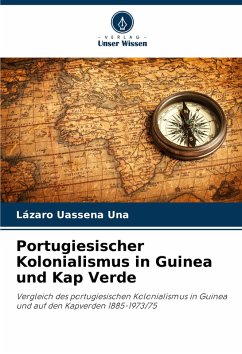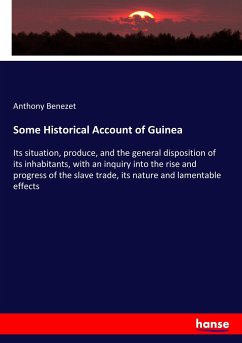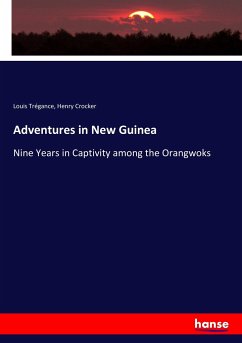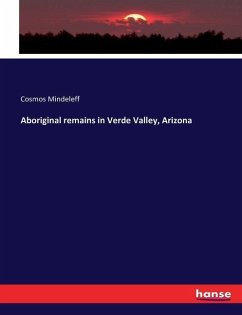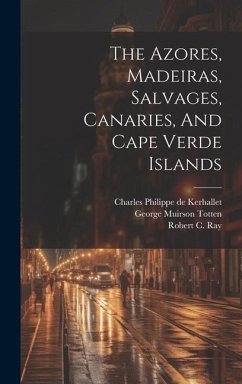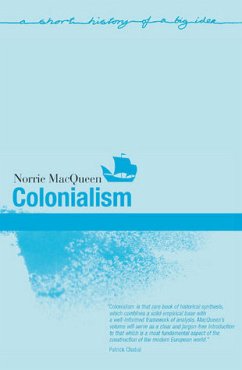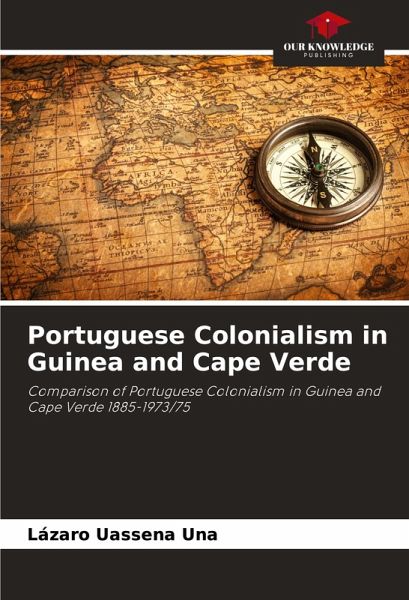
Portuguese Colonialism in Guinea and Cape Verde
Comparison of Portuguese Colonialism in Guinea and Cape Verde 1885-1973/75
Versandkostenfrei!
Versandfertig in 6-10 Tagen
24,99 €
inkl. MwSt.

PAYBACK Punkte
12 °P sammeln!
Guinea-Bissau and Cape Verde are two countries that were colonised by the same country, Portugal, and are geographically close. This study aims to understand the modern colonial period in Guinea and Cape Verde 1885-1973/75, through a comparative analysis of the legal status of the inhabitants (Estatuto dos Indígenas), labour legislation, fiscal policy (imposto de palhota), administration and educational policy. Portugal acted in different ways, always favouring one of the colonies by giving it access to quality education, allowing it to acquire training that enabled it to have a privileged po...
Guinea-Bissau and Cape Verde are two countries that were colonised by the same country, Portugal, and are geographically close. This study aims to understand the modern colonial period in Guinea and Cape Verde 1885-1973/75, through a comparative analysis of the legal status of the inhabitants (Estatuto dos Indígenas), labour legislation, fiscal policy (imposto de palhota), administration and educational policy. Portugal acted in different ways, always favouring one of the colonies by giving it access to quality education, allowing it to acquire training that enabled it to have a privileged position in administration and politics, without, however, ceasing to oppress and exploit them inhumanely, and at other times, through its legislation it built a separation in Guinean society. After the administrative separation, Cape Verde was plunged into a deep hunger crisis and was almost completely abandoned by the Portuguese.






